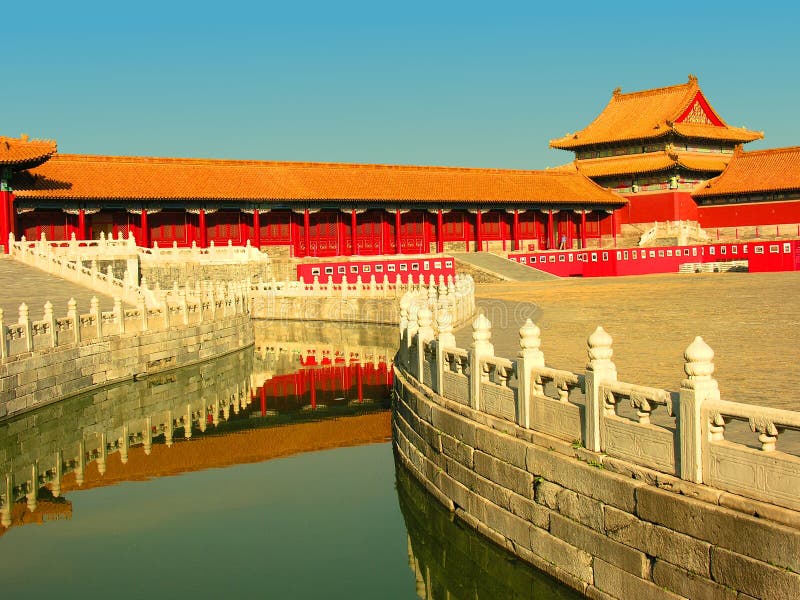The Emperor's Secret Garden (2010)
The fabled Forbidden City in Beijing, a 178 acre city-within-a-city, clothed in secrecy and surrounded by myth, was for centuries a tantalising mystery to the west.
Isolated behind high walls for nearly five hundred years, successive rulers built up a collection of the most remarkable and opulent buildings and artworks of Chinese culture.
The city became The Palace Museum when the Emperor left its sanctuary in 1924.
But the city had one more secret to reveal; tucked away in the Forbidden City's north-east corner lay something different; a unique group of buildings that had lain unused and virtually untouched for more than two hundred years.
In 2001, the Palace Museum and a foreign NGO, the New York-based World Monuments Fund partnered to conserve the Garden, choosing to restore Juanqinzhai (倦勤斋, the Studio of Exhaustion from Diligent Service) first.
This was the first large-scale interior conservation project and the museum's first international collaboration.

May 2010, China's ambassador to London, Liu Xiaoming, joined Prince Charles at a showing in the British Museum of "The Emperor's Secret Garden", a documentary sponsored by the Robert Ho Foundation of Hong Kong about the lodge's restoration.
The film was aired on Sky in June. Later that year furniture and fittings from the garden also began a year-long tour of America, the first such showing outside China.
Isolated behind high walls for nearly five hundred years, successive rulers built up a collection of the most remarkable and opulent buildings and artworks of Chinese culture.
The city became The Palace Museum when the Emperor left its sanctuary in 1924.
But the city had one more secret to reveal; tucked away in the Forbidden City's north-east corner lay something different; a unique group of buildings that had lain unused and virtually untouched for more than two hundred years.
In 2001, the Palace Museum and a foreign NGO, the New York-based World Monuments Fund partnered to conserve the Garden, choosing to restore Juanqinzhai (倦勤斋, the Studio of Exhaustion from Diligent Service) first.
This was the first large-scale interior conservation project and the museum's first international collaboration.

May 2010, China's ambassador to London, Liu Xiaoming, joined Prince Charles at a showing in the British Museum of "The Emperor's Secret Garden", a documentary sponsored by the Robert Ho Foundation of Hong Kong about the lodge's restoration.
The film was aired on Sky in June. Later that year furniture and fittings from the garden also began a year-long tour of America, the first such showing outside China.






No comments:
Post a Comment